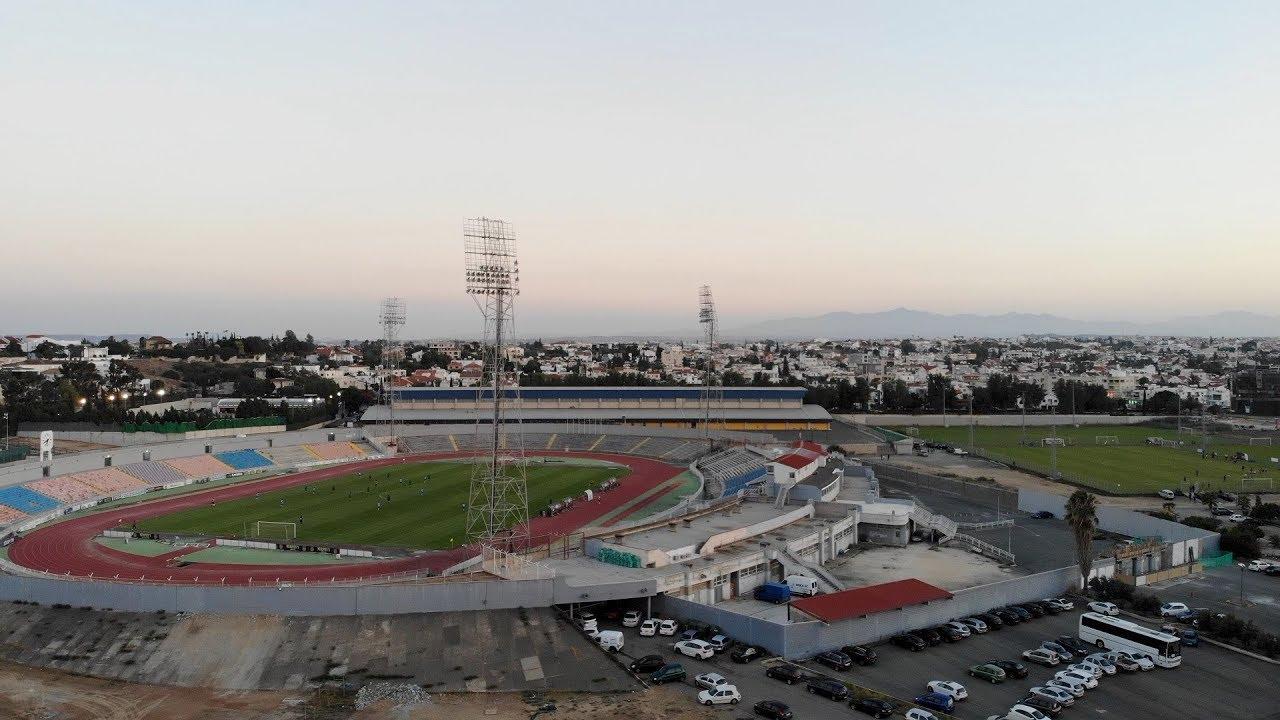Nicosia's famous Makario Stadium, which opened its doors in 1978, is preparing for a major transformation.
This autumn, in September, the venue will officially close for a major refurbishment that the Cyprus Olympic Association (KOA) says will turn it into a modern, multi-purpose arena of European standard.
The project, estimated to cost €40 million, is a key part of a new strategic programme to modernise the country's sports infrastructure. The changes will not only affect the stadium itself, but also neighbouring sports facilities such as the Lefkotheo Gymnasium and the Eleftheria Arena. A new football pitch and a modern hotel complex will also be built on the adjacent site, which experts say will significantly increase Cyprus' attractiveness as a base for sports camps and international competitions.
KOA stressed that the renovation initiative marks a change of course from short-term repairs and piecemeal approaches to comprehensive, long-term investment.
The era of patchwork renovations is over. We are on the threshold of a new chapter in the history of Cypriot sport. This is not just about modernising this facility, it is about investing in the community, the health and the future of young people,' the organisation said.
 The government has already spent around €10 million on maintaining the stadium in recent years. However, Makario was unable to pass a safety inspection due to serious structural problems, making its continued operation difficult and limiting its use for international events.
The government has already spent around €10 million on maintaining the stadium in recent years. However, Makario was unable to pass a safety inspection due to serious structural problems, making its continued operation difficult and limiting its use for international events.
The newly renovated stadium will function as a modern indoor arena capable of hosting sporting events as well as cultural events, concerts and festivals. It will provide opportunities not only for professional athletes but also for the general public. The feasibility study for the project is expected to be completed by September 2025. This will allow a final budget to be approved, a timetable for implementation to be set and work to begin.
The Makario rehabilitation project is not just about replacing outdated infrastructure. It is a symbol of Cyprus' aspirations for new standards in sport, healthy living and sustainable development. The authorities are confident that the modern arena will be a catalyst for new investment, international competitions and tourism.
The creation of such spaces not only promotes physical development, but also social cohesion, inspiring a new generation to actively participate in the sporting and cultural life of the country.
